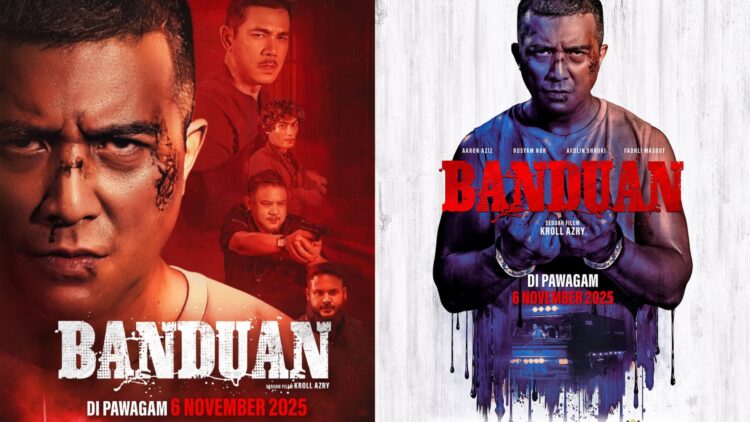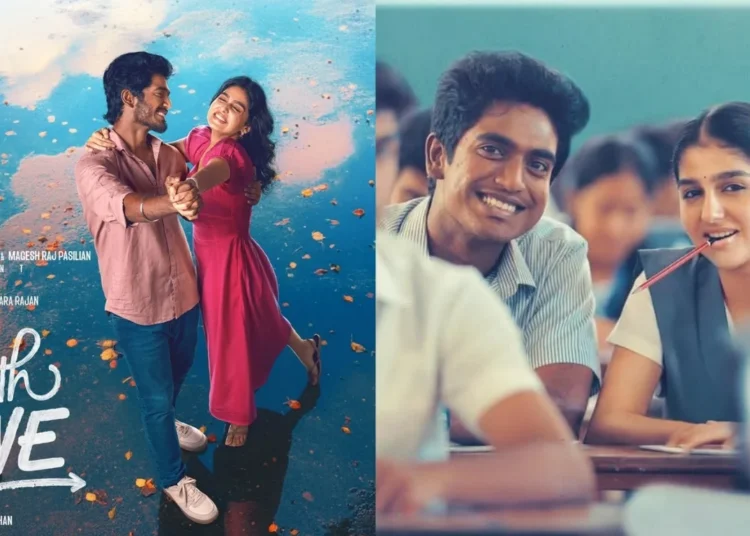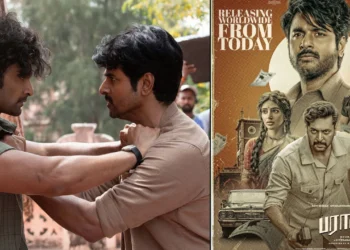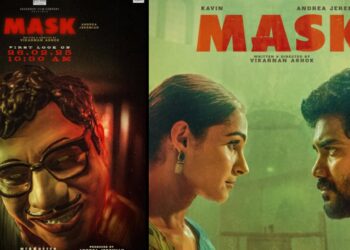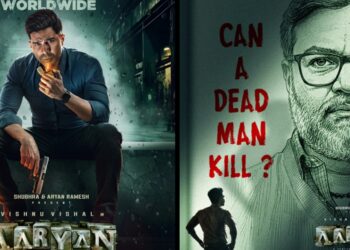In 2019, Lokesh Kanagaraj’s ‘Kaithi’ redefined Tamil action cinema with its unrelenting pace, emotional core, and a protagonist who spoke through silence more than words. Karthi’s portrayal of Dilli, an ex-convict yearning to reunite with his daughter while being thrust into a violent, lawless night, became an emblem of grit and redemption. Six years later, Banduan released on 6th November 2025, steps into those heavy shoes as Malaysia’s official remake, directed by Kroll Azry, with Dato Aaron Aziz leading as Dali.
Rather than being a mere imitation, Banduan respectfully carries the soul of Kaithi while shaping it to fit the Malaysian cinematic landscape. As a person who has watched Kaithi and been a fan of it, Banduan was a film that beat the expectations.
Characters: Translating Emotion Across Borders
Dato Aaron Aziz takes on the monumental role of Dali, a man with a bruised past but a heart beats for his daughter. He carries the essence of Karthi’s Dilli beautifully, embodying the same quiet strength and emotional turmoil that made the original unforgettable. His mature look complements the film’s tone, his controlled anger, unspoken tenderness, and moments of vulnerability blend seamlessly to form a character who is both intense and compassionate.
What stands out most is how Aaron handles Dali’s duality, the man of action and the father with longing. His emotional depth gives Banduan its pulse, making the performance feel as if you’re watching Kaithi for the first time, yet through a lens that feels distinctly Malaysian. The father-daughter element, from his emotional monologues to the film’s climax was deeply convincing and heartfelt.
Datuk Rosyam Nor, as Inspector Johari, grounds the story further. His commanding screen presence and composed portrayal lend authority to the narrative, reflecting the same crucial weight the police characters carried in Kaithi.
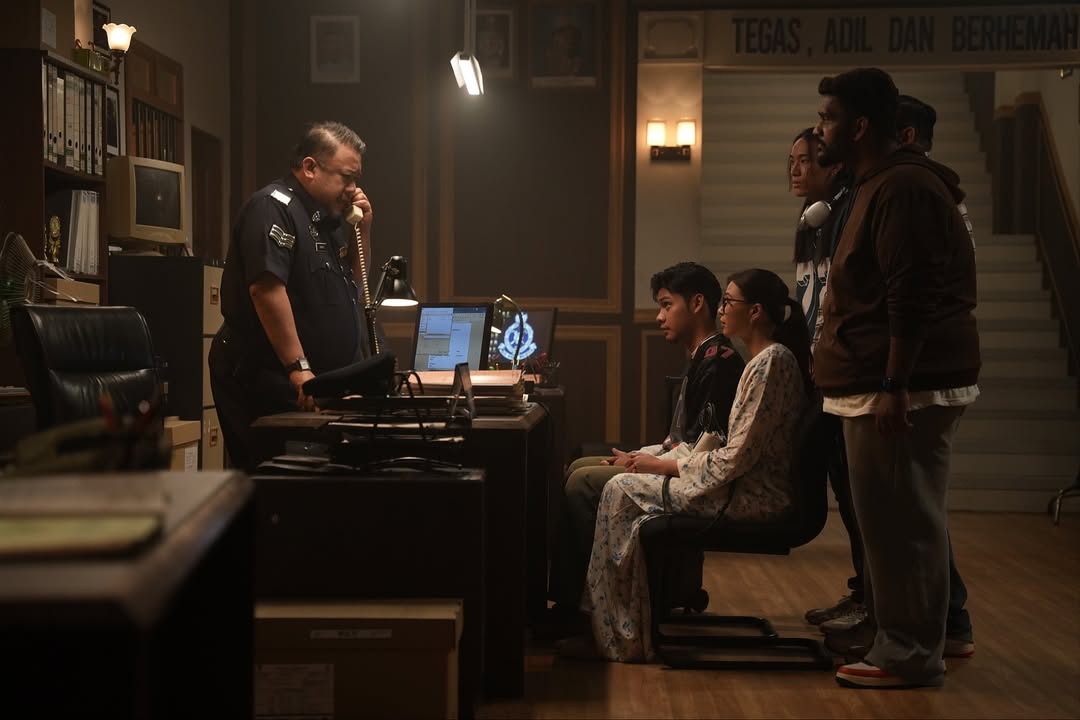
Then there’s Dato Afdlin Shauki as Sarjan Yahya, a role originally played by Napoleon in Kaithi. Afdlin blends humor and sincerity effortlessly. He adds a light-heated rhythm amidst the film’s tension, portraying a police officer who protects those around him with insensitive courage. His performance brings a refreshing Malaysian flavor without compromising the seriousness of the role.
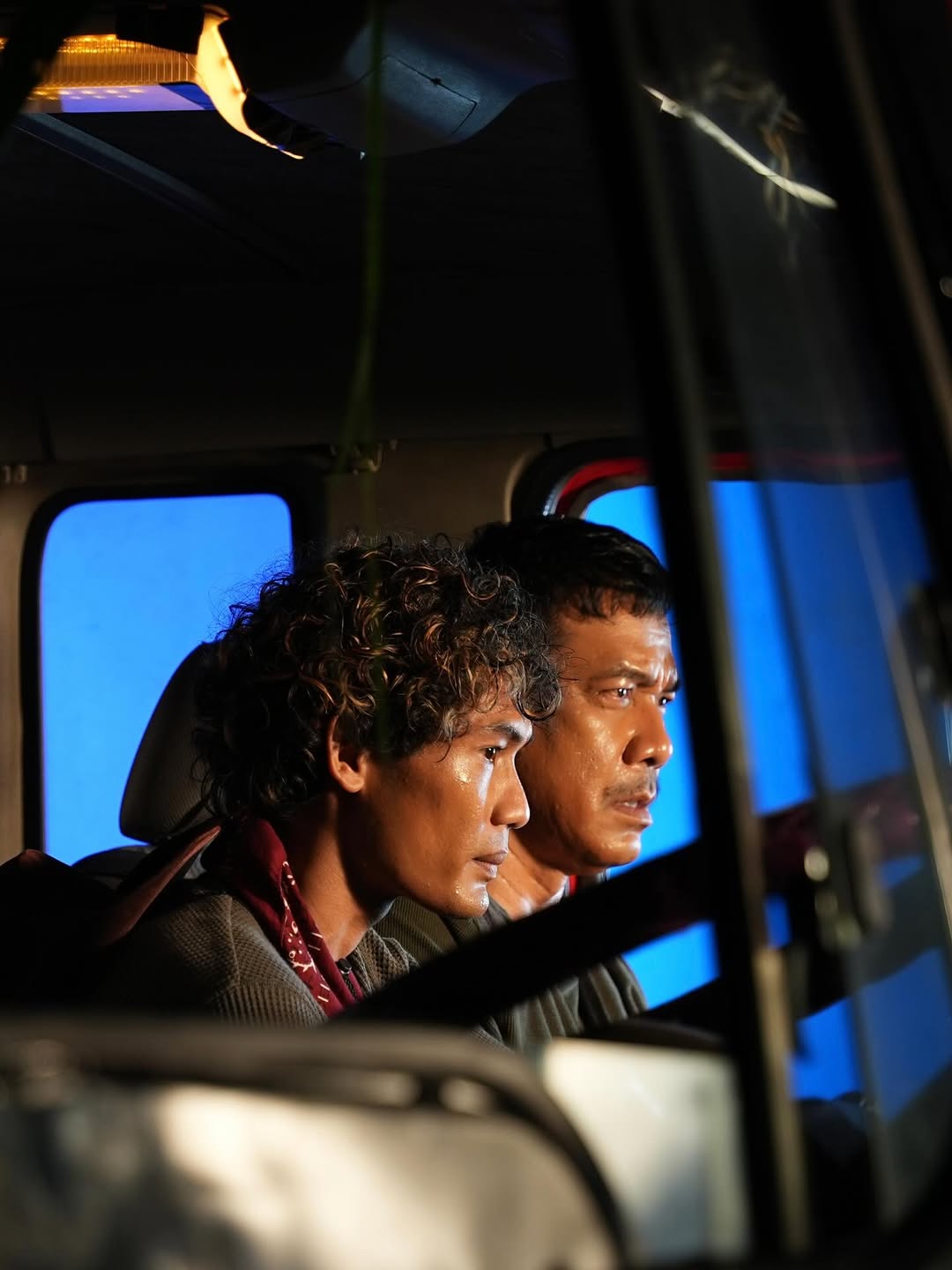
Fadhli Masoot as Koboi, inspired by Dheena’s character in Kaithi, maintains the same balance of comedic charm and integrity. Koboi’s presence injects warmth into the chaos, showing how even the smallest roles can enrich the narrative.
Abi Madyan’s portrayal of Rejab, a role previously brought to life by Arjun Das, deserves a special mention. Arjun Das was known for his intensity and commanding voice in Kaithi, and Abi steps into that shadow with his own sense of roughness and grit. His interpretation fits the local version perfectly, maintaining that edge of danger while adapting it to Malaysian sensibilities.
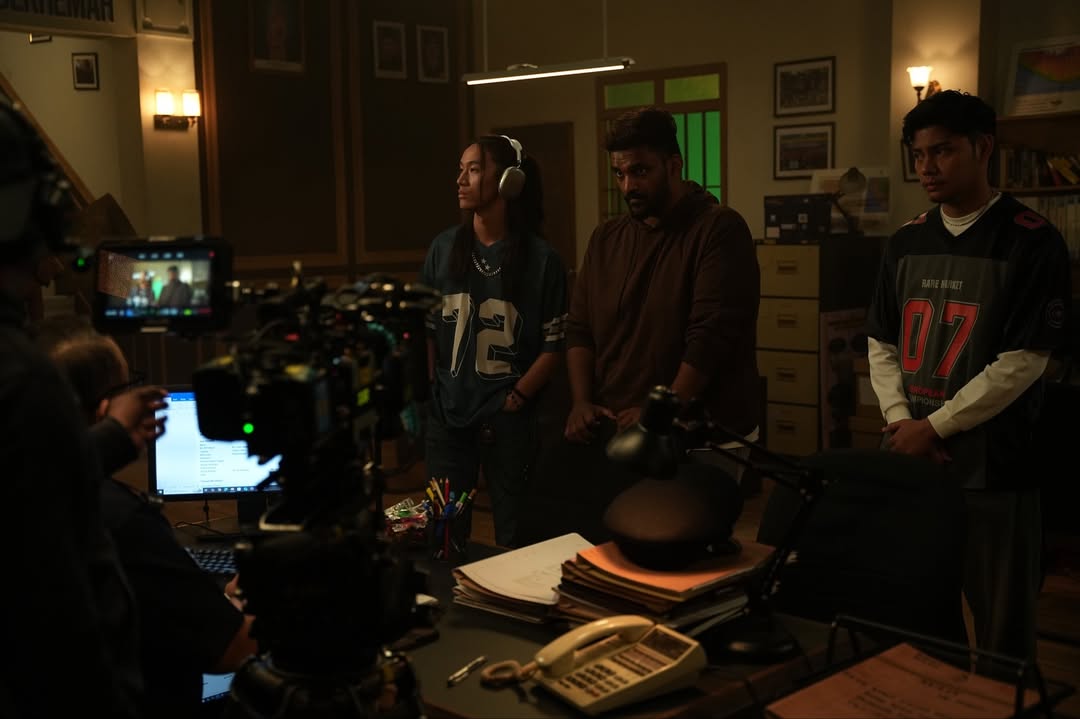
Supporting actors such as Joshua Michael in his Malay debut, Dayang Areeda, Zairi Aziz, Hawra Jamalullail, Bobo Rimaz, Amir Nafis, Dexter Kok, and Meynillen Thamil Selvan, all delivered equally strong performances. Each character feels essential, collectively mirroring the spirit of Kaithi while shaping Banduan into something authentic and rooted.
Visual Language and Atmosphere
Visually, Banduan echoes Kaithi’s gritty-night time tension but localizes it with a Malaysian polish. The dark, smoky roads and dimly lit warehouses pay homage to Kaithi’s visual tone, while subtle differences in lighting, setting and production design give Banduan a distinctly local identity.
The cinematography captures Malaysian highways and backdrops that mirror Kaithi’s rugged Tamil Nadu terrains. While the framing and atmosphere feel familiar, the local adaption adds its own sense of realism with a slightly cleaner aesthetic that doesn’t dilute the rawness of the story.

What sets Banduan apart is how it balances fidelity with localization. While it remains true to the original plot and emotional trajectory, certain scenes have been adapted to fit the Malaysian context, with new moments added to enrich the story. The result is not a copy, but a faithful retelling with a local heartbeat. That said, for those who have already watched Kaithi, especially in theatres or experienced its initial hype, Banduan might feel familiar. The sense of surprise and raw intensity that Kaithi carried may not hit the same force this time. But for those who have not watched Kaithi, Banduan will give a new perspective, as it manages to hold its own, offering a version that feels grounded and sincere in its Malaysian identity.
Adapting a film across language and culture is never easy, yet the Banduan team, under Kroll Azry’s direction, deserves full credit for making it look seamless. At the Banduan Gala Premiere, Karthi himself stated, “History has been made today and it’s a proud moment that our Kaithi is being remade”. His words capture the essence of what Banduan achieves, a moment of cinematic pride where one story bridges two cultures.
True to his sentiment, Banduan is indeed well taken, a film that honors its source while standing firmly on its own. As Karthi mentioned, the film is top notch and it truly lives up to that praise. With stellar performances, authentic emotion, and a faithful visual retelling, Banduan stands not just as a remake, but a celebration of shared storytelling between India and Malaysia.
Now showing across Malaysia, USA, and Canada, Banduan is a film best experienced on the big screen. Grab your tickets and bring your loved ones along for this unforgettable ride! Catch Banduan on the big screen, click here to see where it’s screening!
Follow us on Instagram, Facebook or Telegram for more updates and breaking news.


